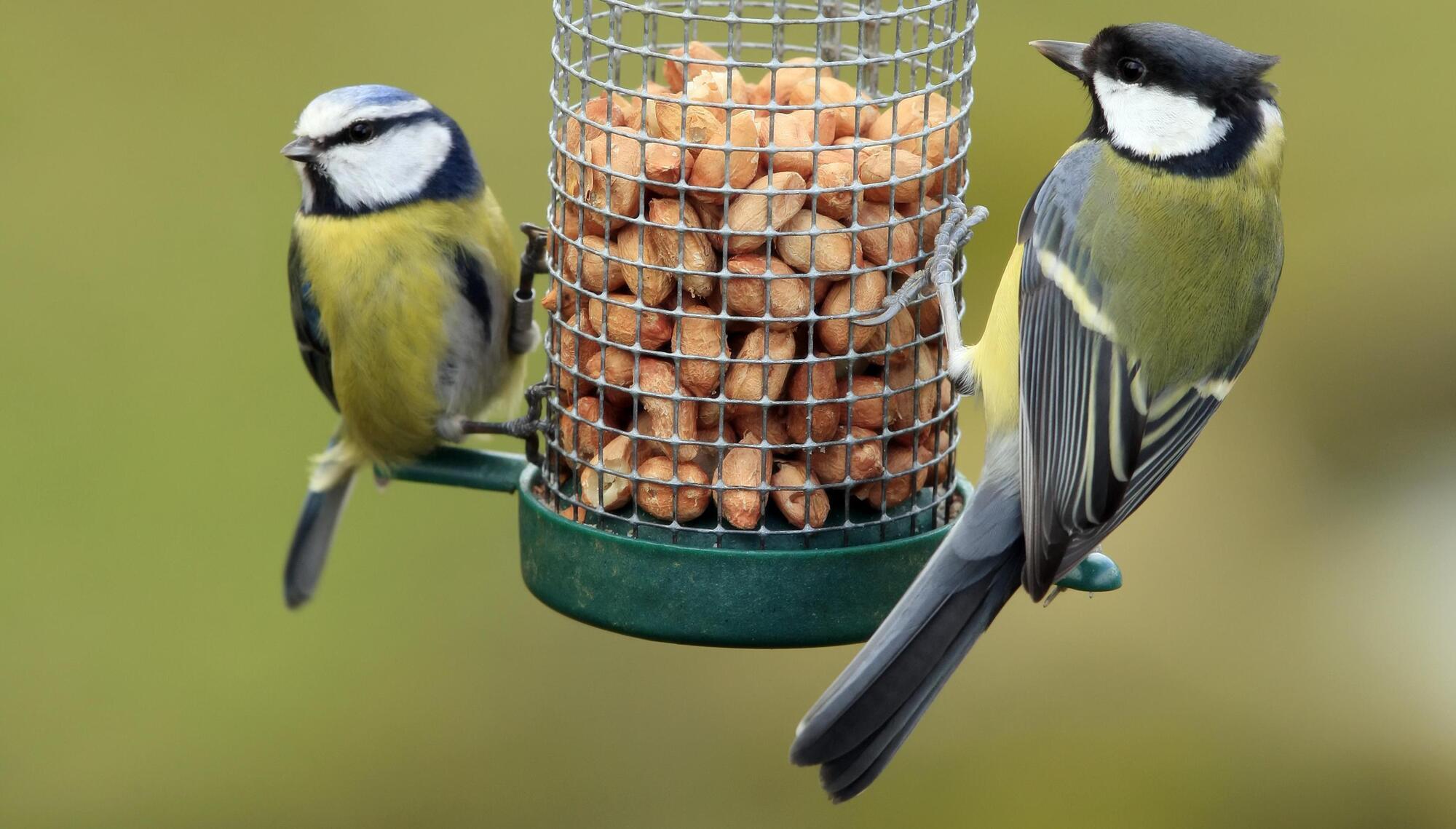Top Stories
Stop Rodents from Raiding Bird Feeders This Winter

As winter temperatures drop, many households are putting out bird feeders to help wild birds find food. However, this practice can inadvertently attract unwanted rodents, such as mice and rats, which are drawn to the available seed and scraps. To enjoy the beauty of visiting birds while keeping your property rodent-free, there are several effective strategies to implement.
Effective Strategies to Deter Rodents
One of the simplest yet most impactful changes is to avoid scattering seeds on the ground. Instead, use a dedicated bird table or a hanging bird feeder that elevates food off the ground. This tactic makes it more challenging for rodents to access the food and discourages them from lingering nearby.
Keeping the feeding area clean is equally important. Regularly clearing away leftover food and cleaning feeders can significantly reduce the likelihood of attracting rodents. A buildup of seed or scraps provides an enticing environment for pests, so maintaining a tidy feeding space is essential.
Another effective approach is to limit feeding to daylight hours. Birds are active during the day, making it easy for them to find food. In contrast, mice are nocturnal and search for food in the dark. By removing bird feeders and cleaning trays each evening, homeowners can minimize the temptation for rodents. This practice allows birds to consume food before sunset, reducing the chances of leaving any leftovers overnight.
Secure Food Storage and Unpleasant Additions
Proper food storage is crucial in preventing rodent incursions. Mice can gnaw through various materials, including plastic and even concrete, to reach food. Store bird feed in sturdy containers with secure lids to make it difficult for rodents to access.
In addition to securing food, it is vital to manage waste effectively. Poorly stored rubbish and improperly positioned bins can become attractive shelters for mice. Ensure that bins have tight-fitting lids and repair or replace damaged lids promptly. A well-sealed compost bin is particularly important, as the smell of decaying food can lure rodents.
Adding certain foods to bird feeders can also deter mice. Seeds like safflower and nyjer are less appealing to rodents but are enjoyed by birds, making them a better choice than traditional sunflower seeds. High-energy suet pellets are another excellent option, as they are not easily accessible to rodents.
Another method is to sprinkle cayenne pepper on bird seed to keep mice away without deterring birds. Garlic cloves placed near feeding areas can also repel rodents. Additionally, using chilli flakes is effective, as they contain capsicum, which rats dislike but does not affect birds.
For those interested in natural deterrents, growing specific herbs can help. Plants like mint, which should be kept in a pot due to its invasive nature, and lavender are known to repel pests. Alternatively, spraying peppermint oil or citronella oil around feeding areas can further discourage rodent activity.
With these strategies, bird enthusiasts can successfully attract wild birds while keeping their properties free from rodents. By making thoughtful adjustments to feeding practices and maintaining cleanliness, it is possible to create a welcoming environment for feathered visitors without inviting unwanted guests.
-

 Top Stories2 months ago
Top Stories2 months agoTributes Surge for 9-Year-Old Leon Briody After Cancer Battle
-

 Entertainment3 months ago
Entertainment3 months agoAimee Osbourne Joins Family for Emotional Tribute to Ozzy
-

 Politics3 months ago
Politics3 months agoDanny Healy-Rae Considers Complaint After Altercation with Garda
-

 Top Stories3 months ago
Top Stories3 months agoIreland Enjoys Summer Heat as Hurricane Erin Approaches Atlantic
-

 World4 months ago
World4 months agoHawaii Commemorates 80 Years Since Hiroshima Bombing with Ceremony
-

 Top Stories2 months ago
Top Stories2 months agoNewcastle West Woman Patricia Foley Found Safe After Urgent Search
-

 Top Stories4 months ago
Top Stories4 months agoFianna Fáil TDs Urgently Consider Maire Geoghegan-Quinn for Presidency
-

 World4 months ago
World4 months agoGaza Aid Distribution Tragedy: 20 Killed Amid Ongoing Violence
-

 World4 months ago
World4 months agoCouple Convicted of Murdering Two-Year-Old Grandson in Wales
-

 World4 months ago
World4 months agoAristocrat Constance Marten and Partner Convicted of Infant Murder
-

 Top Stories3 months ago
Top Stories3 months agoClimbing Errigal: A Must-Do Summer Adventure in Donegal
-

 Top Stories3 months ago
Top Stories3 months agoHike Donegal’s Errigal Mountain NOW for Unforgettable Summer Views









